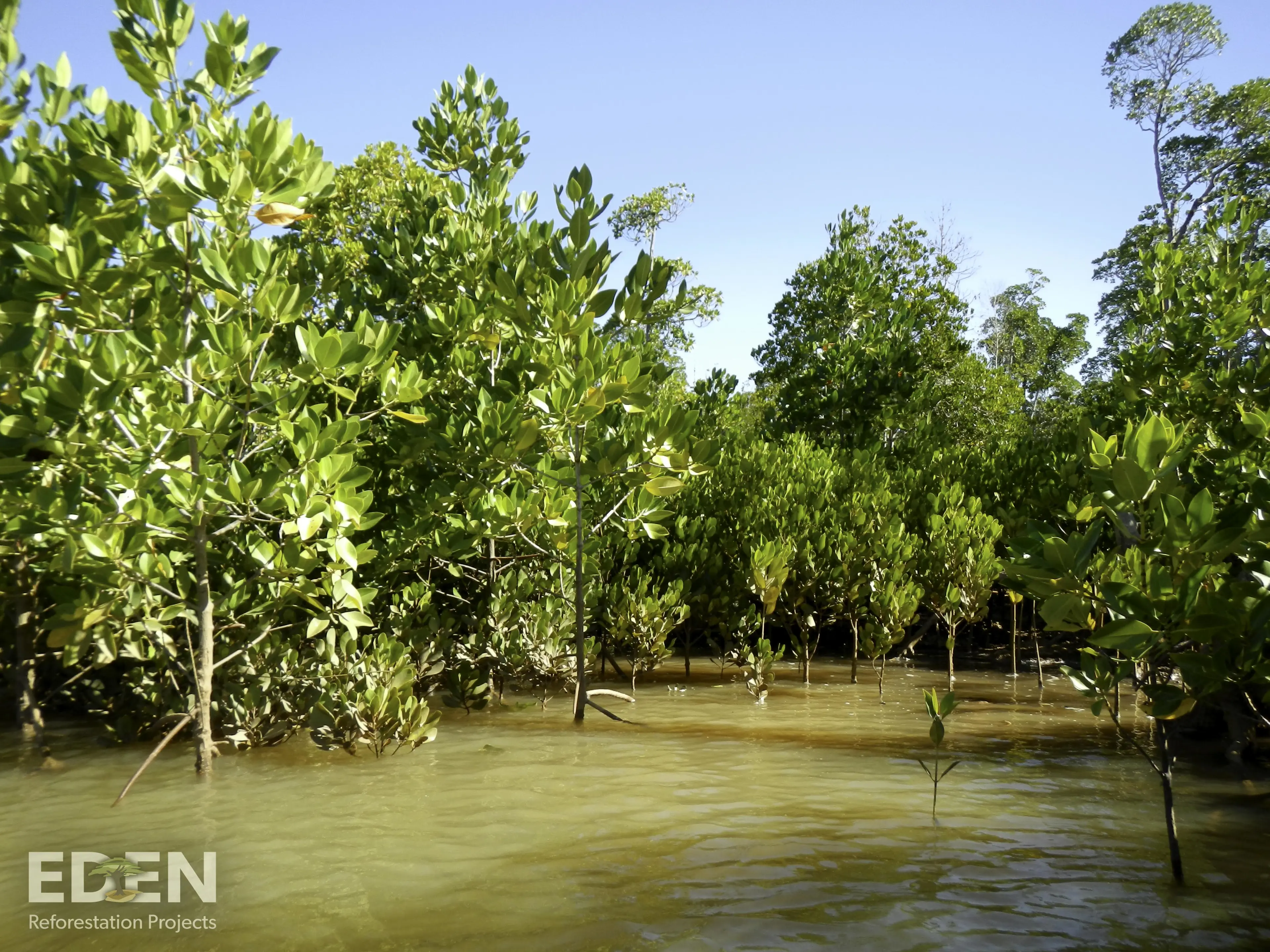
Mangrove Reforestation - Madagascar
Info
Purchase type
By funding this project you are contributing to their work. You will receive impact reports and measurements but you won't receive a carbon credit.
Categories
Background
Reforestation in Madagascar is important because the destruction of the mangrove estuaries along the coastline has caused mudflats to wash into the ocean, destroying once-productive fisheries and increasing the vulnerability of coastal communities to hurricanes, tsunamis, and floods. In the dry deciduous forests, deforestation threatens one of the world’s rarest and most diverse forest systems.
Why did we choose this project?
Reforestation at scale is vital if we are to restore our world. Eden has a high impact approach to reforestation, whereby a variety of native trees are planted in ways that aim to return a forest to its natural state.
How does it work?
With 93 project sites, Madagascar is Eden's most prolific reforestation and poverty alleviation project nation. They have extensive infrastructure such as guardhouses, fire towers, and seed banks. They also developed a training center for local nursery managers to gain hands-on experience in seedling management and effective reforestation techniques.
How do we know it's working?
We work closely with Eden to monitor the impact of your funding. Since they started, they’ve had incredible results - planting more than 776 million trees around the world in Ethiopia, Madagascar, Nepal, Haiti, Indonesia, Mozambique, Kenya, Nicaragua, and Honduras.
Star fact
In 1900 48% of the land's surface was covered by forests, and by 2018 that had fallen to 38%. It is critical to restore forests globally, they are home to 80% of the world's terrestrial biodiversity and approximately 2.6 billion tonnes of carbon dioxide, one-third of the C02 released from burning fossil fuels, is absorbed by forests each year.
UN Sustainability Goals
Verified by Pinwheel
28 Feb 2021
Location
Madagascar, Africa